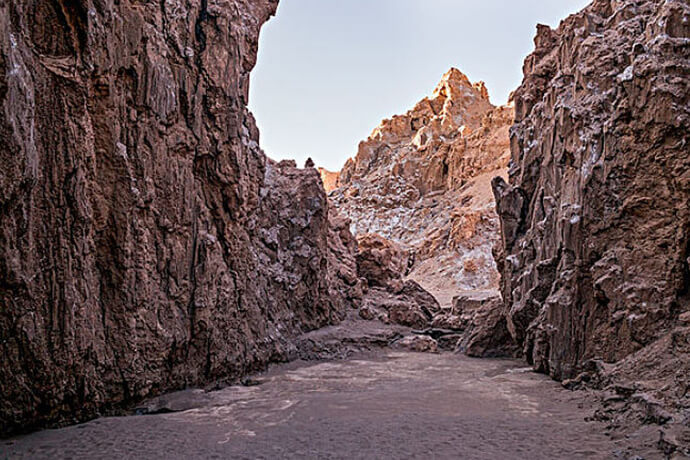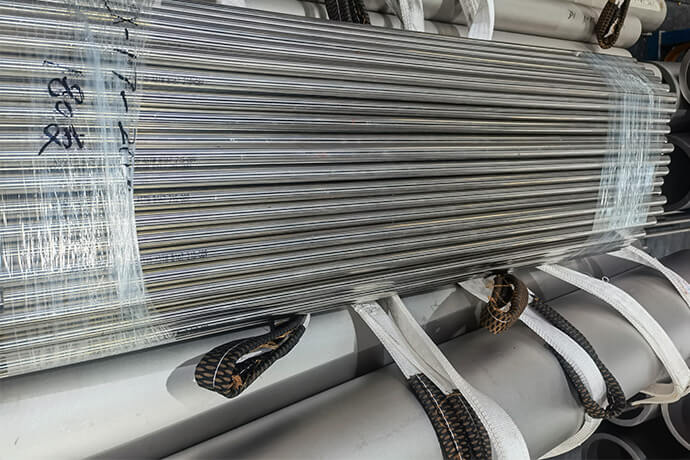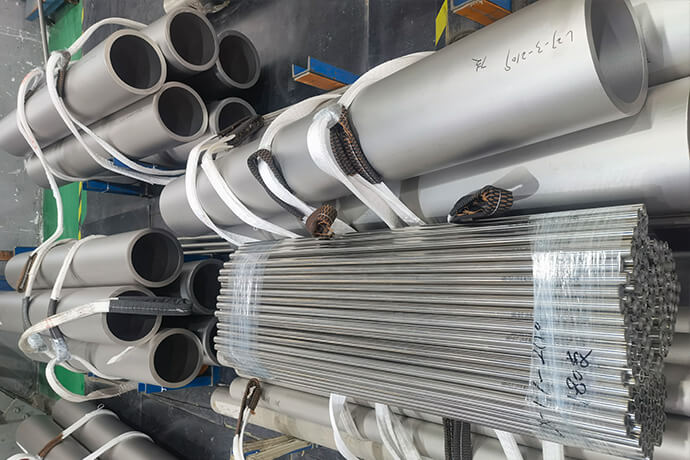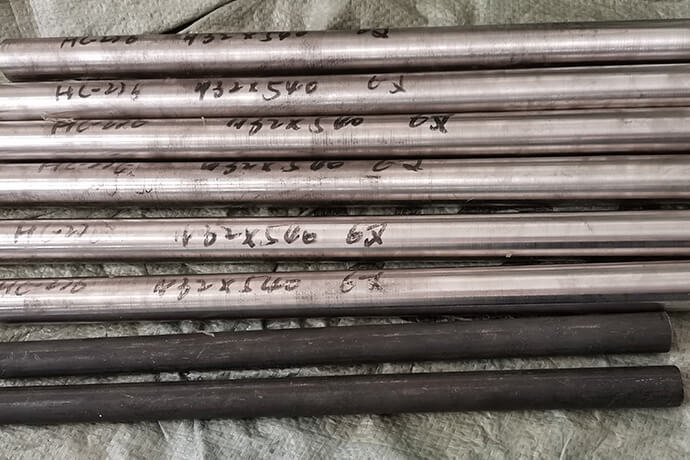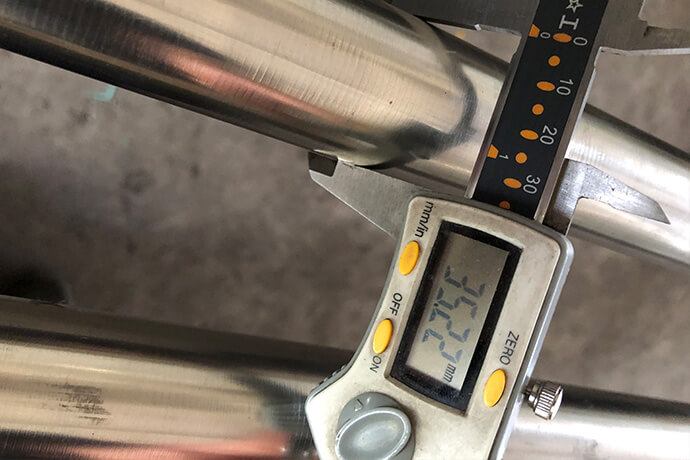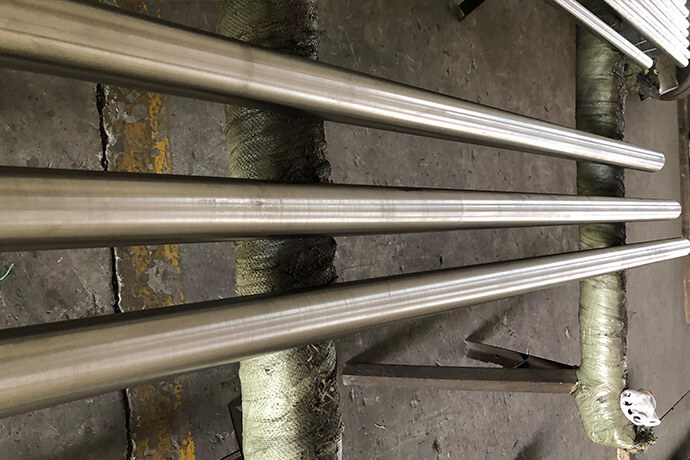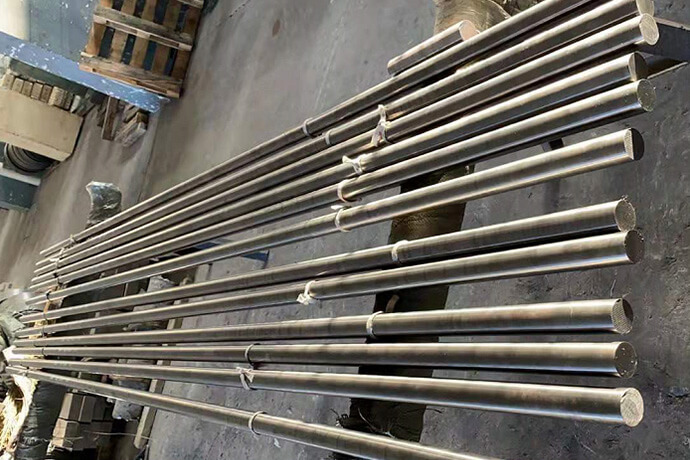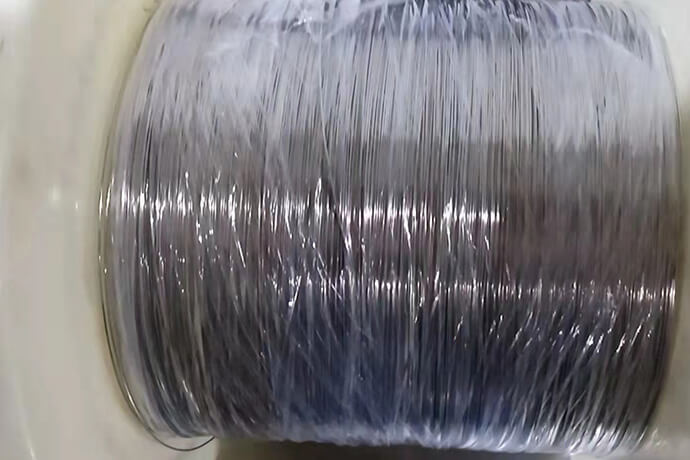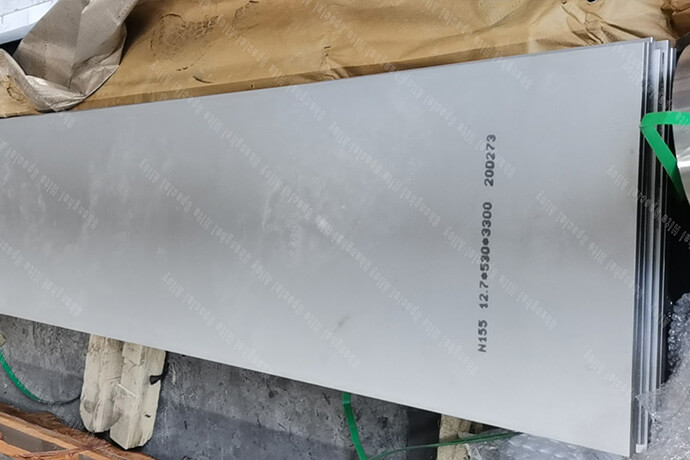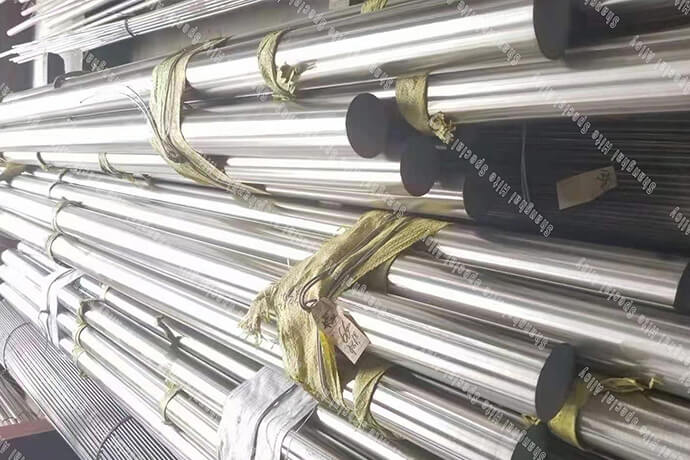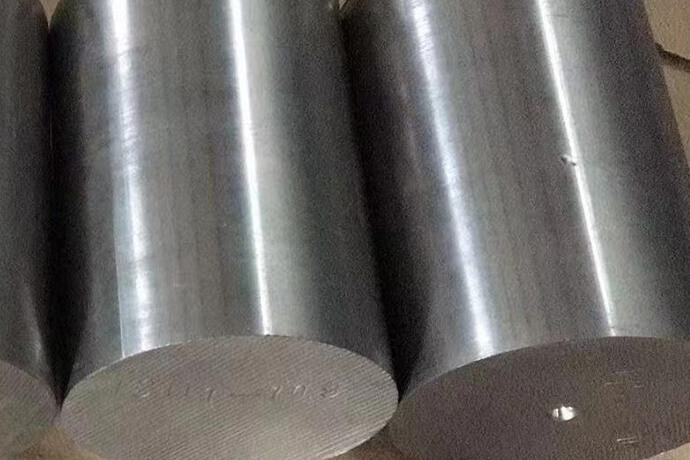On Wednesday, the U.S. forestry administration proposed a 20-year mining ban in Minnesota's border waters, which would prevent Antofagasta's bimetallic copper nickel project.
The announcement overturned the decision of former president Donald Trump and launched a review of how mining affected popular outdoor leisure areas. It has frozen the issuance of new mining leases or permits in the area for two years.
The proposed underground mine will become the main supplier of electric vehicle copper in the United States, and the use of electric vehicle copper is twice that of automobile copper equipped with internal combustion engine.
Environmentalists have long feared that mining would destroy the wilderness of the Canoe Area in the border waters, a 1 million acre (405000 hectare) reserve on the US Canada border.
U.S. President Joe Biden plans to find metal supplies overseas and focus on domestic processing of battery components. This initiative of the forestry administration is the latest example of this plan. Reuters reported on this strategy earlier this year. Biden's move is to support environmentalists and runs counter to his private commitment to miners during the 2020 presidential campaign to allow more domestic mining.
Twin metals, controlled by Antofagasta, Chile, said it was "deeply disappointed" by the decision and remained committed to developing the mine.
"We are trying to determine the best way forward," said Kathy graul, a spokesman for twin metals.
In a recent interview, the company's engineers said they had developed a plan to avoid mining within 400 feet of the surface, avoid land subsidence and use renewable energy.
The movement for the protection of border waters, an environmental group opposed to the project, welcomed the decision and said the ban should be permanent.
"Border waters are a paradise for forests and water. You can't make America's most toxic industries adjacent to America's most popular wilderness," said Becky ROM, the national president of the movement.
Complex history
Wednesday's action actually revived the process initiated by the administration of former President Barack Obama to stop mining in the region. Trump shelved the process.
The United States forestry service, part of the Department of agriculture, controls the surface of the site. The U.S. Bureau of land management, which is part of the Department of the interior, controls underground copper mines and must approve mining plans.
The Biden administration can stop mining activities in the region for up to 20 years. Only a bill of Congress can permanently stop this process, and this step was proposed by U.S. representative Betty McCollum in a bill introduced this year. Betty mccullem, a Minnesota Democrat, represents an area 230 miles (370 kilometers) south of the mining area. The fate of the bill remains uncertain.
McCollum said Wednesday's decision "is a welcome return to science based decision-making that should manage our public land."
Minnesota Republican representative Pete stauber said the decision was based on politics rather than science, weakened national security and helped China, the world's largest copper consumer.
"I'm angry that my voters in northern Minnesota don't have the opportunity to mine these minerals with these high paying jobs," stauber said

 Location:
Location: